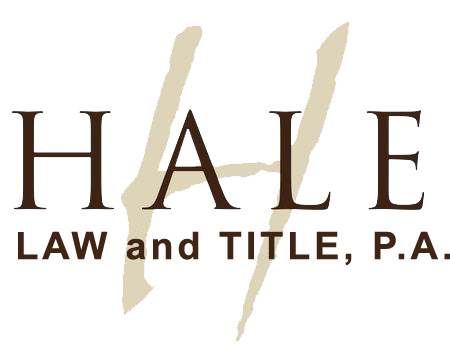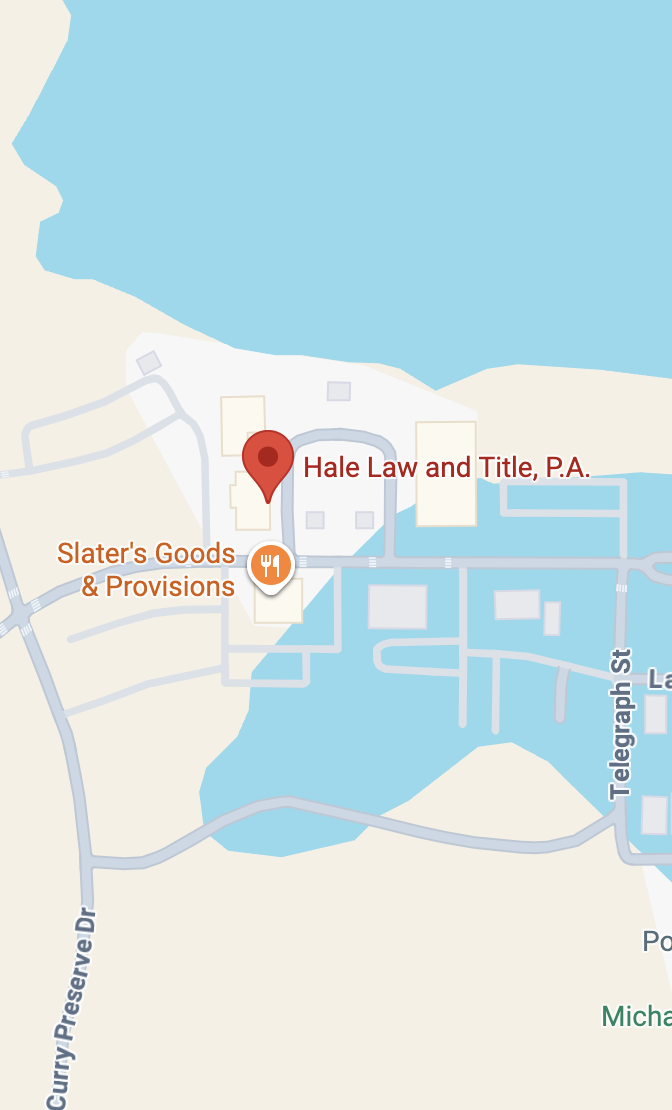Introduction
Are you considering an enhanced life estate deed but unsure if it's the right decision for you? With the rising costs of long-term care and estate planning, it's becoming increasingly common for individuals to explore alternative options to protect their assets. Enhanced life estate deeds, also known as lady bird deeds, can provide added protection for your property while allowing you to retain control during your lifetime. However, as with any legal document, there are pros and cons to consider before making a decision. In this article, we'll explore the advantages and disadvantages of enhanced life estate deeds and help you determine if it's the right option for your unique situation. So, let's dive in and learn more about this estate planning tool.
Pros of Enhanced Life Estate Deeds
Enhanced life estate deeds offer several benefits that make them an attractive option for many individuals. Here are some of the advantages of using an enhanced life estate deed:
1. Avoid Probate
Probate is the legal process that occurs after a person dies to transfer their assets to their heirs. It can be a lengthy and expensive process that can take months or even years to complete. Enhanced life estate deeds can help you avoid probate by transferring your property to your beneficiaries automatically upon your death, without the need for probate.
2. Retain Control
With an enhanced life estate deed, you retain control over your property during your lifetime. You can sell, mortgage, or transfer the property as you wish without the need for permission from your beneficiaries.
3. Protection from Creditors
Enhanced life estate deeds offer protection from creditors. Because the property is not considered a part of your estate, it cannot be used to satisfy any outstanding debts or judgments against you.
Cons of Enhanced Life Estate Deeds
While there are many benefits of using an enhanced life estate deed, there are also several disadvantages that you should consider before making a decision. Here are some of the cons of using an enhanced life estate deed:
1. Loss of Tax Benefits
When you transfer your property using an enhanced life estate deed, you lose some of the tax benefits that come with owning property. For example, you may lose the ability to take a tax deduction for property taxes or mortgage interest.
2. No Step-Up in Basis
When you transfer your property using an enhanced life estate deed, your beneficiaries do not receive a step-up in basis. This means that if they sell the property, they may have to pay capital gains taxes on the difference between the sale price and the original purchase price.
3. Potential Legal Challenges
Enhanced life estate deeds can be challenged in court, particularly if there are questions about the grantor's mental capacity at the time of the transfer. This can lead to lengthy and expensive legal battles that can deplete the value of the property.
How Enhanced Life Estate Deeds Work
An enhanced life estate deed is a legal document that allows you to transfer ownership of your property to your beneficiaries while retaining control over the property during your lifetime. The enhanced life estate deed is recorded with the county clerk and becomes a part of the public record.
When you transfer your property using an enhanced life estate deed, you become the life tenant, and your beneficiaries become the remaindermen. As the life tenant, you have the right to use and occupy the property during your lifetime. You also have the right to sell, mortgage, or transfer the property as you wish without the need for permission from your beneficiaries.
Upon your death, the property is automatically transferred to your beneficiaries without the need for probate. They become the new owners of the property, and they can use, occupy, or sell the property as they wish.
Factors to Consider Before Choosing an Enhanced Life Estate Deed
Before choosing an enhanced life estate deed, there are several factors that you should consider. Here are some of the things to think about before making a decision:
1. Your Estate Plan
Enhanced life estate deeds are just one tool in your estate planning toolbox. You should consider how an enhanced life estate deed fits into your overall estate plan and whether it's the best option for your unique situation.
2. Your Heirs
Consider your heirs' financial situation and their ability to maintain the property after your death. If you have multiple heirs, consider how the property will be divided among them and whether they will be able to agree on how to use or sell the property.
3. Your Long-Term Care Needs
Consider your long-term care needs and how an enhanced life estate deed may affect your eligibility for Medicaid. If you require long-term care, Medicaid may consider the property as an asset and may require you to sell it to pay for your care.
4. Your Tax Situation
Consider your tax situation and how an enhanced life estate deed may affect your tax liability. Consult with a tax professional to determine the tax implications of transferring your property using an enhanced life estate deed.
Alternatives to Enhanced Life Estate Deeds
If an enhanced life estate deed doesn't fit your needs, there are several alternative options that you can consider. Here are some of the most common alternatives to enhanced life estate deeds:
1. Revocable Living Trusts
A revocable living trust is a legal document that allows you to transfer ownership of your property to a trust. You can serve as the trustee during your lifetime and retain control over the property. Upon your death, the property is transferred to your beneficiaries without the need for probate.
2. Transfer-on-Death Deeds
A transfer-on-death deed is a legal document that allows you to transfer ownership of your property to your beneficiaries upon your death. The deed is recorded with the county clerk and becomes a part of the public record.
3. Joint Tenancy with Right of Survivorship
Joint tenancy with right of survivorship is a legal arrangement that allows two or more people to own property together. Upon the death of one owner, their share of the property is automatically transferred to the surviving owner(s) without the need for probate.
How to Get an Enhanced Life Estate Deed
To get an enhanced life estate deed, you should consult with an estate planning attorney. They can help you draft the deed and ensure that it complies with your state's laws. Once the deed is drafted, it must be signed and notarized by all parties involved. The deed is then recorded with the county clerk, and a copy is provided to all parties involved.
Cost of Enhanced Life Estate Deeds
The cost of an enhanced life estate deed varies depending on your state's laws and the complexity of your situation. Generally, the cost ranges from a few hundred to a few thousand dollars. However, the cost is often significantly less than the cost of probate.
Frequently Asked Questions about Enhanced Life Estate Deeds
1. Can I change my mind after signing an enhanced life estate deed?
Yes, you can change your mind after signing an enhanced life estate deed. You can revoke the deed at any time by executing a new deed or by recording a notice of revocation with the county clerk.
2. Can I sell the property after signing an enhanced life estate deed?
Yes, as the life tenant, you have the right to sell the property. However, any proceeds from the sale must be divided between you and your beneficiaries according to the terms of the enhanced life estate deed.
3. Can I use an enhanced life estate deed to transfer other types of property, such as a car or a bank account?
No, enhanced life estate deeds can only be used to transfer real property, such as land or a house.
Conclusion
Enhanced life estate deeds can be a useful tool for estate planning, but they're not right for everyone. Before making a decision, consider your unique situation and consult with an estate planning attorney to determine the best option for you. With the right planning, you can protect your assets and ensure that they're passed on to your loved ones according to your wishes.


